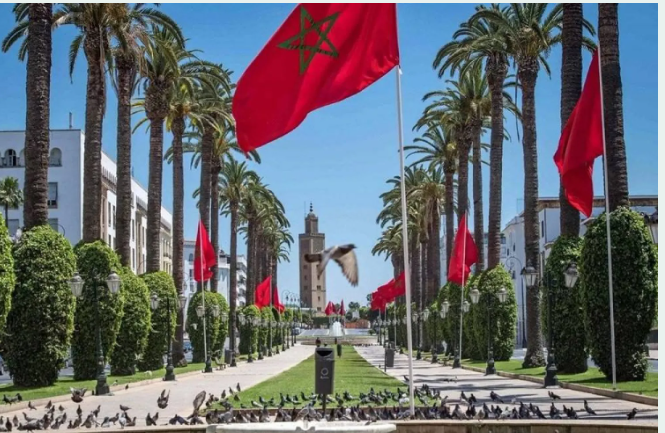
Four Moroccan truck drivers who were kidnapped in Burkina Faso last week have been released, according to official reports. The drivers, who were working for a Moroccan transport company, were abducted by armed militants while traveling through the volatile northern region of the country. Their release follows a coordinated effort by Burkinabe authorities, local security forces, and regional allies, who had been working around the clock to secure their freedom. The kidnappers, believed to be associated with one of the many extremist groups operating in the Sahel region, had held the drivers hostage for several days. During their captivity, the Moroccan nationals were reportedly kept in an undisclosed location, where they faced harsh conditions. However, there were no reports of physical harm, and the hostages were said to be in good health upon their release.
The Moroccan truck drivers were seized while transporting goods along a key route connecting Burkina Faso to neighboring Mali. This route, which passes through areas plagued by insurgent activity, has become increasingly dangerous due to the presence of jihadist groups and other criminal factions that frequently target foreigners. The truckers were ambushed at a remote checkpoint, and their vehicles were stolen during the attack. This incident is part of a wider pattern of kidnappings and attacks on foreign nationals in the Sahel, where extremist groups such as al-Qaeda’s affiliate in the region and the Islamic State have been escalating their operations. The growing insecurity in Burkina Faso, which has witnessed a surge in violence over the past few years, has prompted many foreign businesses and nationals to reconsider their presence in the country.
Burkina Faso’s government, under military rule since a coup in 2022, worked closely with regional and international partners to secure the truckers’ release. Sources indicated that negotiations were conducted through intermediaries, though details about the ransom or terms of the release have not been confirmed. The government of Morocco, which has been closely monitoring the situation, expressed relief at the safe return of its citizens and thanked Burkina Faso’s government for its efforts. We are thankful that our nationals have been released unharmed, and we commend all parties involved in securing their release, said a statement from Morocco’s Ministry of Foreign Affairs. Security analysts also pointed out the importance of continued regional cooperation to address the rising threat posed by extremist groups in the Sahel. Burkina Faso, Mali, and Niger, which are all part of the so-called Liptako-Gourma region, have been struggling with the growing influence of militant groups despite interventions from international forces.
The kidnapping of the four Moroccan drivers has raised concerns about the safety of cross-border transport in West Africa, particularly along the Trans-Sahel route. This road is vital for the movement of goods between North and West Africa, but frequent attacks on truckers and transport companies have put a strain on the industry. Many transport companies operating in Burkina Faso and its neighboring countries have now implemented stricter safety protocols, with some considering alternative routes or reducing their exposure to high-risk areas. We are taking every precaution to ensure the safety of our drivers. This is a reminder of how precarious the situation is in certain regions of Africa, said an official from a major logistics company operating in the region.
While the release of the Moroccan truckers is seen as a positive development, experts stress that the overall security situation in Burkina Faso and the Sahel remains dire. Governments in the region are under intense pressure to curb the growing influence of militant groups, who continue to destabilize communities and threaten local economies. Kidnappings like this are becoming a common tactic used by militants to exert control over strategic regions and to generate funding for their operations, said Africa analyst Amina Yaro. “The international community needs to provide more support to these countries to ensure that their governments can establish security and protect both citizens and foreigners.
As Burkina Faso continues to battle insurgency and instability, the hope is that this incident will serve as a catalyst for more robust measures to combat extremism and improve safety across the region. The safe return of the Moroccan drivers, while a relief for their families and companies, underscores the ongoing challenges that West Africa faces in its efforts to achieve lasting peace and stability.

